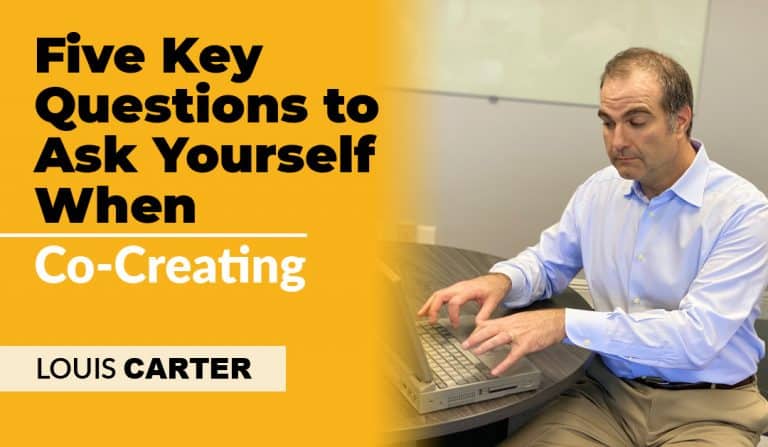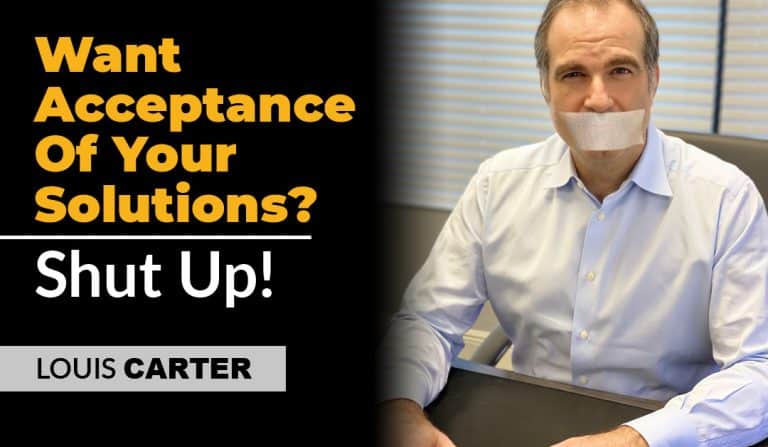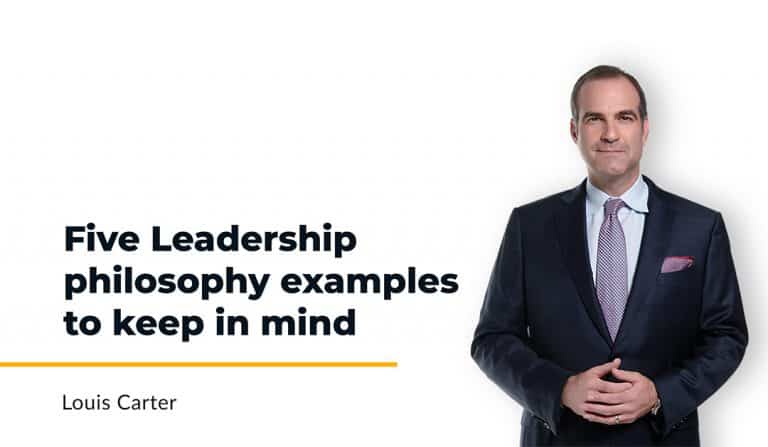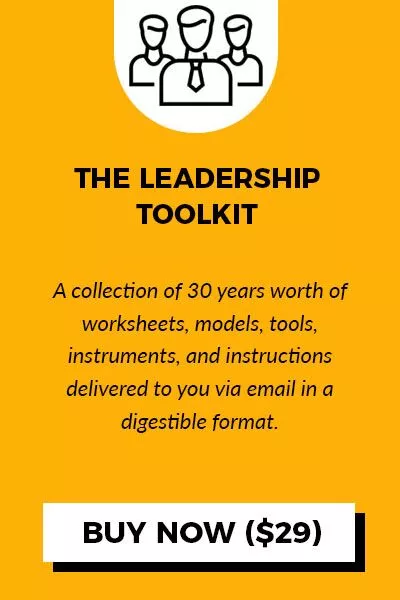Times of crisis elicit the very best and very worst of human behavior, and the medical world is not immune to this dichotomy. Healthcare workers have made unquestionably admirable sacrifices this year, but horror stories also abound of nasty interactions, providers blaming patients for their own illness (“This might not have happened if you had worn a mask!”), and other downright untenable behaviors.
Our broad labeling of healthcare providers as “heroes” may have inadvertently given a free pass for poorer behavior amongst many. It’s likely that the current crisis has accelerated burnout — more than half of physicians reported burnout even before the pandemic began — and inflamed the underlying tensions that have existed in medicine for years.
When it comes to dealing with conflict, we can do better. Here are five must-do leadership practices for healthcare workers.
1. Take Accountability
It is easy for providers to fall into the trap of becoming annoyed when patients address them with nonclinical concerns, complaining, for example, about waiting room times. Instead of simmering at the injustice that they are being asked to justify operations outside of their control, providers should simply stop and think: “How can I, personally, use my resources to improve this immediate situation?”
Bad behavior from healthcare workers often stems from resentment about the disconnect between what they thought medicine would be (a science-based “help factory”) and what medicine occasionally becomes (a public relations or customer service job). However, effective change management — listening, taking personal accountability, and acting generously — can serve providers in unseen ways.

2. Remember What It’s Like to Be a Patient
What’s worse than a pesky overnight page from a patient requesting an emergency refill of glucose monitoring strips? Perhaps actually being that patient — feeling scared about filling a prescription during a pandemic, or being depressed about having to poke yourself four times a day for the indefinite future. Healthcare executives can help foster empathy among team members to incite change for the greater good.
3. Ask Yourself: Would I Treat a Family Member This Way?
Ever witness a healthcare provider carelessly abandon a mess of sharps and bloody gauze, assuming that someone else would clean it up? It makes you wonder if they leave dishes in the sink at night or clothes strewn about everywhere, too. As much as clinicians think housekeeping isn’t their job, cleaning up their dangerous messes isn’t anyone else’s job, either. Healthcare executives can help nurture a more mindful work environment by implementing strategic policy changes.
4. Take a Vacation (or at least a breather)
This might seem trite in an era of slashed airline service and lurking dangers in hotel hallways. But time away — even in the transient form of breathing exercises or meditation — can help with burnout, according to a recently published article in the journal Anesthesia and Analgesia, which examined best practices for helping ICU workers experiencing high levels of occupational fatigue. To avoid increased medical errors and decreased medical quality, healthcare executives have a responsibility to encourage teams to address their own burnout.
5. Practice Gratitude
What could be worse for a healthcare worker than simmering in frustration at a superfluous administrative email? Not being able to read that email in the first place. Not having literacy, or education, or access to computers or the internet, would outweigh many of the annoyances clinicians encounter on a daily basis. Healthcare executives can help clinicians commit to changing their outlook by encouraging them to pause and realize how truly lucky they are to have the opportunity to be annoyed in the first place.








